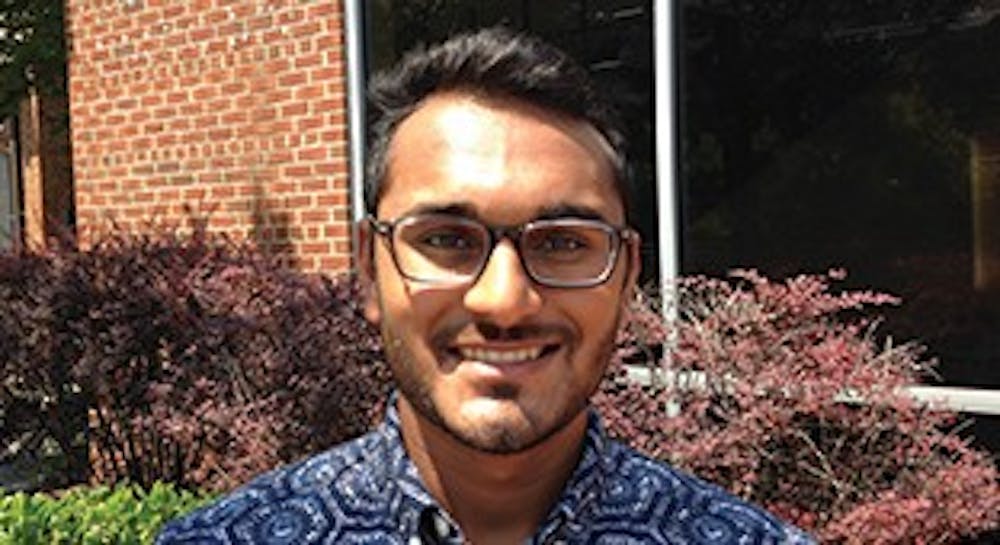GOP presidential candidate Piyush “Bobby” Jindal and I are branches of the same tree. We are both sons of Indian immigrant parents who came to America in search of better opportunities for their children, and we both lived in white, rural areas of the South.
We even share the same name: Piyush is my dad’s name and my middle name.
Around the same age as when Piyush changed his name to Bobby, my dad had a conversation with me about my name. I had picked up a nickname in school, and when my dad heard the news, he was outraged. His face had tensed up, and creases had spread across his forehead.
“Your name is your identity,” I recall him sternly repeating for hours. Never have I felt more ashamed for anglicizing my identity.
It’s easy for us as South Asian people of color to dismiss the white-washed laughingstock that is Piyush Jindal. The anglicization of his name is just the start. When Piyush hung a portrait of white Bobby in his office, we laughed. When he announced his candidacy under the slogan “Tanned. Rested. Ready,” we laughed. Without a doubt, #BobbyJindalSoWhite.
Yet, in whitewashing Jindal, we fail to acknowledge the veiled currency of white supremacy and model-minority politics Jindal not only benefits from, but actively champions.



